10 Proven Methods to Reduce Your Kitchen’s Carbon Footprint
U.S. average households spend $2060 a year on utility bills including water, electricity and gas. It is not only energy that is wasted excessively but there are other areas of wastage we do not think about or notice so often.
Consider how much food you unnecessarily throw away, water wasted by dripping taps and lights when switched off and food wasted and disposed.
People worldwide are becoming more conscious of the harm we have done to our environment and the earth. We can do small and big things to make positive changes. They may not sound like much and some may be too costly to be involved in but here are some things that you might decide whether you can do.
How do you save on your kitchen’s carbon footprint and money?
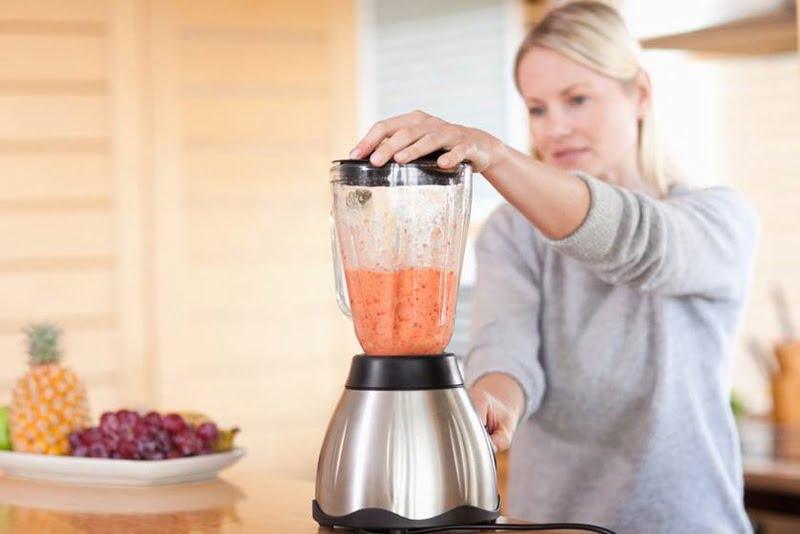
Ten great ways to reduce your energy bill and help protect the world. They will make a big difference in your carbon footprint.
Dishwashers
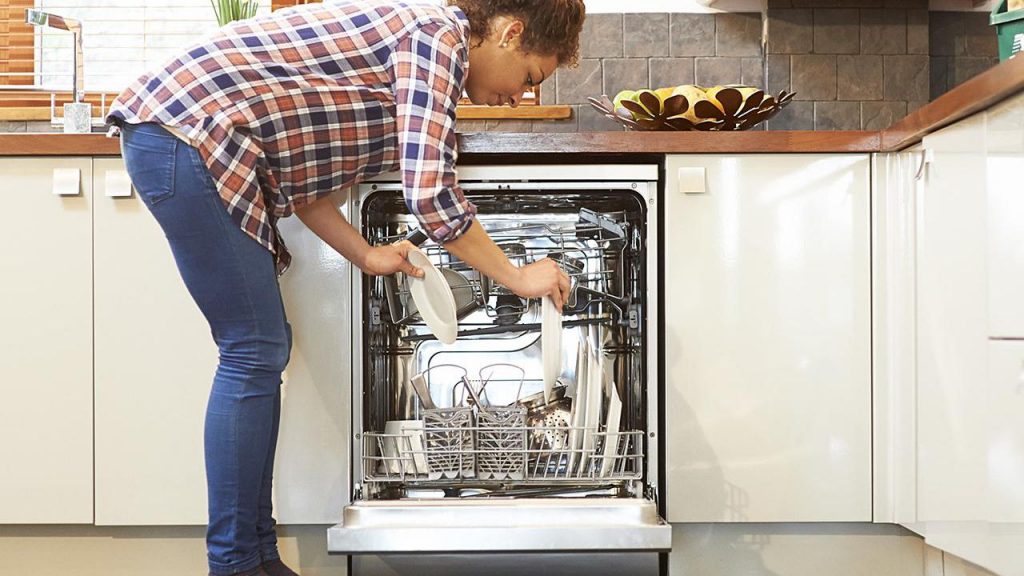
TreeHugger wrote a strong post on dishwasher energy waste. You can be shocked that dishwasher is probably the most effective way to wash dishes compared to hand washing. A dishwasher uses only the necessary amount of water and only heats up what it needs, as opposed to human involvement wasting water under the tap.
Basic electricity wastage

This is a very easy change that everyone can do and there is no reason not to but we are all guilty of it at some stage. Leaving lights on and devices switched on when they’re not needed is useless energy. If nobody watches TV why is it on? Why do lights remain in empty rooms? Get used to shutting off lights once you leave a room and you are already helping. Even better switch to energy-saving bulbs if one stops working. Minor savings on the energy bill will all start to add up.
Tumble Dryers

These machines have a poor reputation as a major energy user. How terrible are they really? Well, all appliances vary but if you did about nine or ten loads of washing a month you will save about $10-11. Obviously, this will be much less if you’re one individual. If you use dryer sheets, however, you make more savings and less waste.
Plumbing and faucets
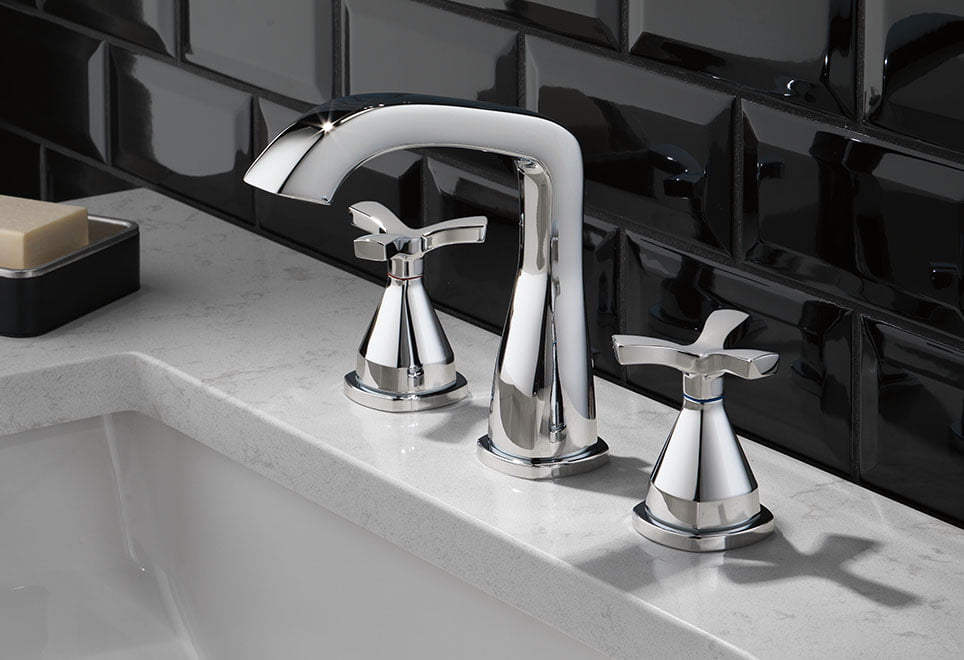
That takes us to wastewater. Check leak pipes. Corroding pipes and joints are not uncommon, and leakage not only costs money and raises your bills but can also cause harm. If your water bill unexpectedly rises or a water pump appears to run more often than usual, you might have a leak and need to have a professional look at the plumbing.
To save money on water is to fit quantitative faucets or nozzles to restrict water. The former must be pre-set with how much water is needed for certain things, and when you pick one you get exactly that number. The second attempts to restrict how much water bursts from your tap and can turn off after a certain amount of time.
Get creative with your food
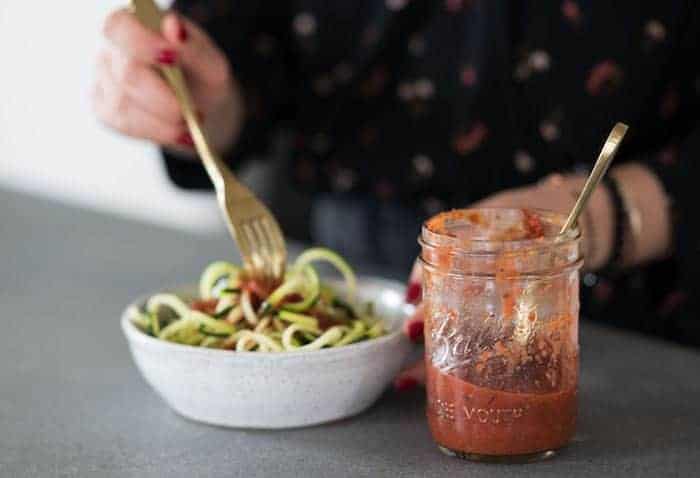
Most food that gets wasted is still usable. Some people cut off the green ends of spring onions, but they can be chopped in soups or fried rice. Peelings of potatoes can be fried to make a crispy snack, and if you have too many spices, then chop them into ice cubes.
Get an Instant Pot
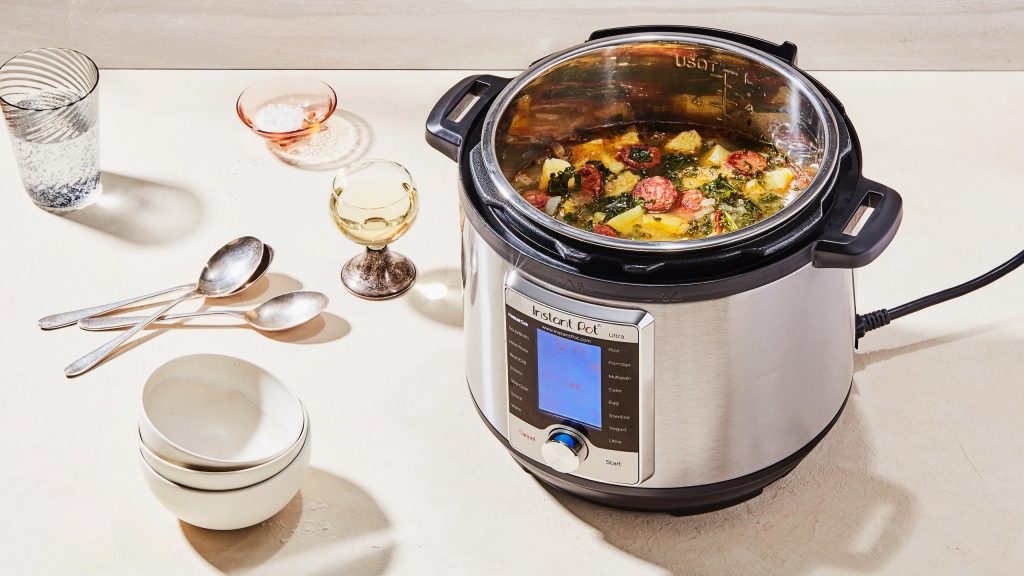
If you want to spend a little and save money back, an Instant Pot will help. It is similar to a pressure cooker and reduces the energy expended by cooking very rapidly at high pressure by up to 70%. You not only get monetary savings but more time for yourself. There’s plenty of Instant Pots YouTube videos and website recipes like Corrie Cooks.
There are also ways to minimize expenses and household waste. Start with something easy, and see how you’re going. You don’t need to mount solar panels immediately, but only starting with reusable shopping bags or a coffee cup.
Composters
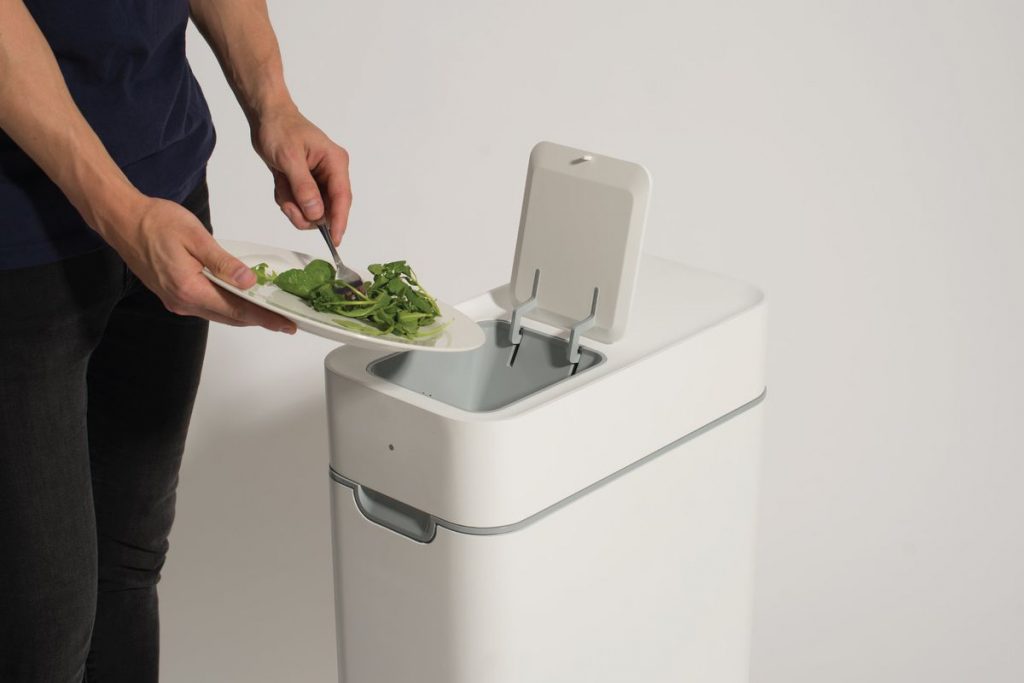
Instead of dumping all the food waste, find someone with a compost heap. Consider starting one yourself if you’re interested in gardening or checking with family and friends to see if they want to take your peelings daily. If not, look for a nearby pick-up service. What you need is a little compost bin to place in the kitchen and try not to throw away the waste.
Use less cooking oil
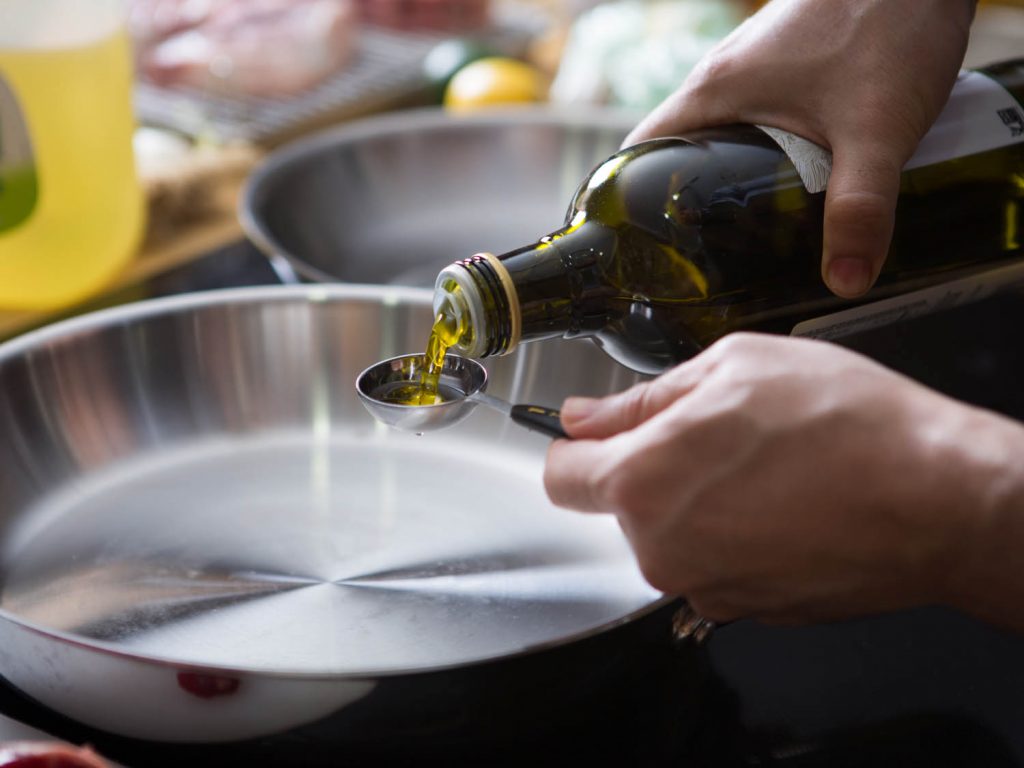
Try cooking other methods that use less cooking oil. This includes less plastic packaging, less cost, less dumping of waste oil and a healthy diet. Air fryers enable you to cook food that actually tastes like fried food but with either zero or a tiny amount of cooking oil. They are much more safe than deep fat frying and can be used for all sorts of meals and snacks. They take up little space and are easy to clean. The negatives are that they can be costly while cooking the surface gets very hot.
A better option would be to start steaming food and invest in a microwave steamer or inexpensive bamboo steamer cooking fish and vegetables.
Keep food fresher for longer
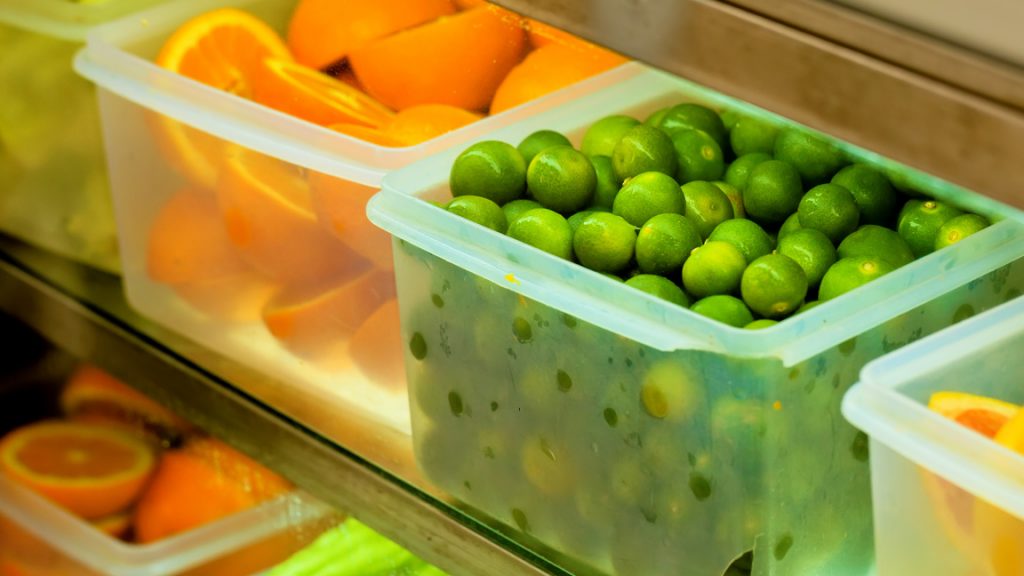
Once you’ve cut your vegetables, they’re released into the atmosphere and start drying. You can buy silicone caps for a variety of cut vegetables. They come in different sizes to match different vegetables and fruit and can allow you to keep the food fresher for longer.
Grow your own herbs
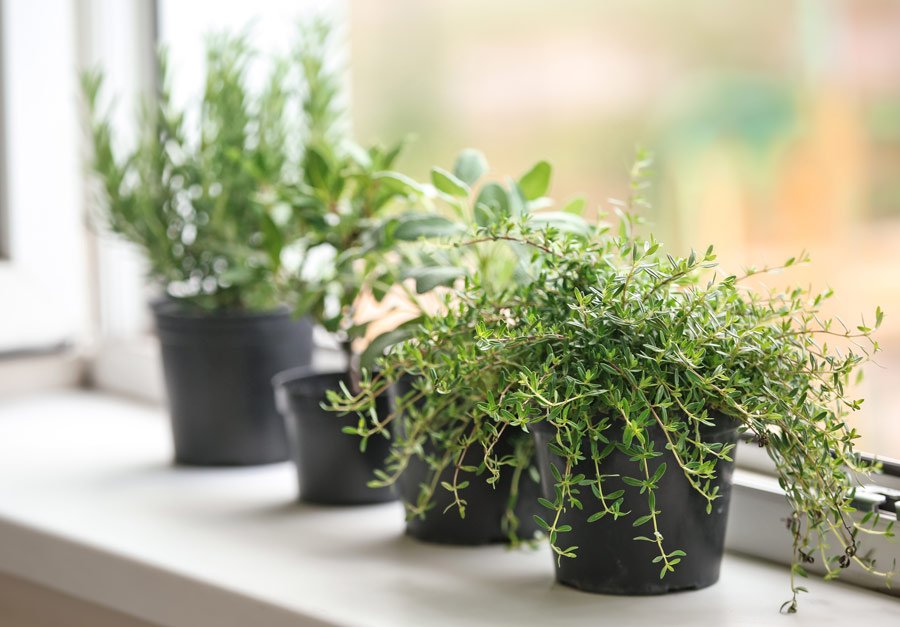
Rather than buying plants, try producing your own. This can be achieved in the windowsill kitchen, eliminating plastic packaging.
Making your home energy usage a priority

There are several ways you can minimize energy consumption at home, reducing your carbon footprint and save money. The ten tips above will go a long way.
